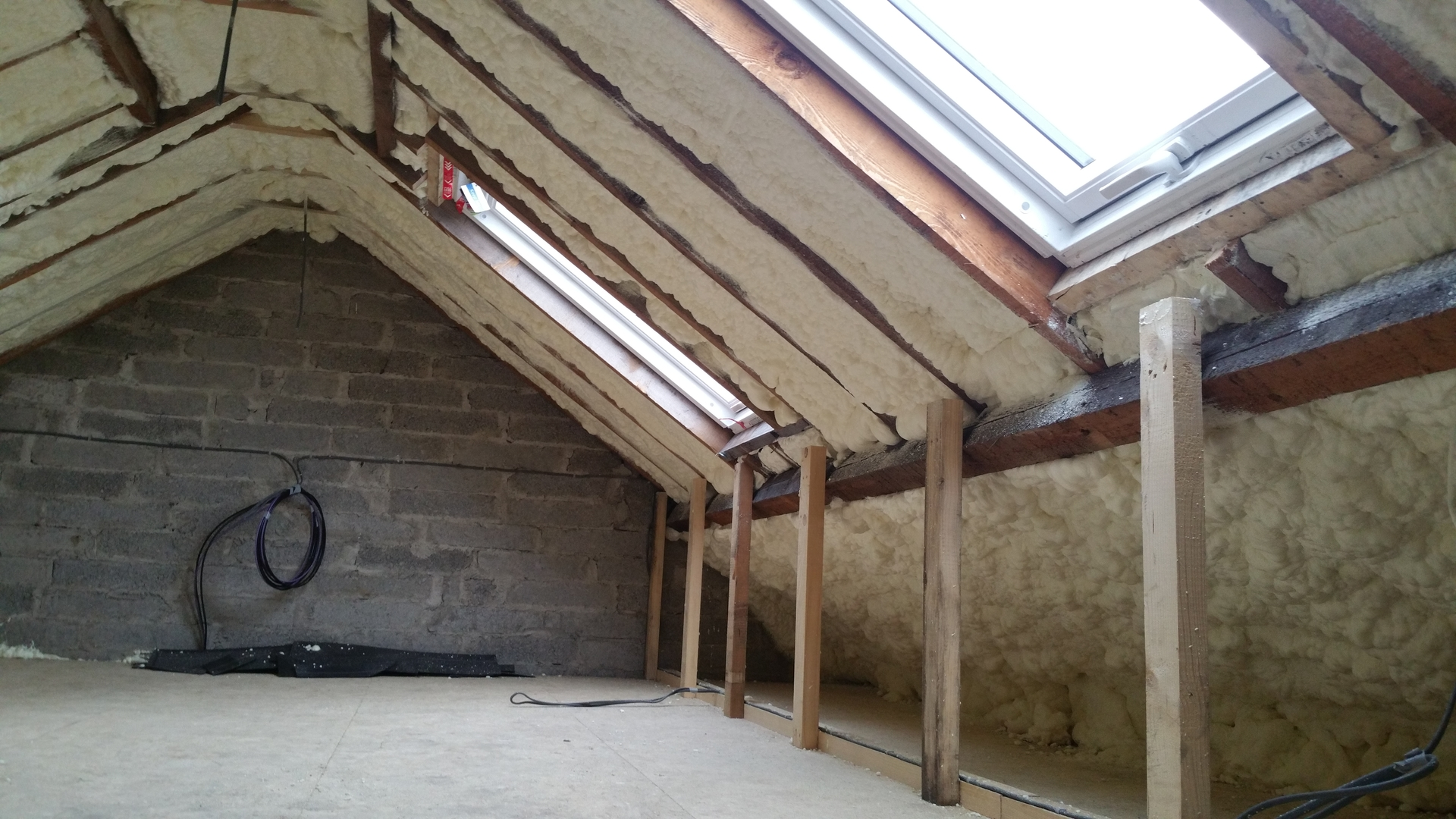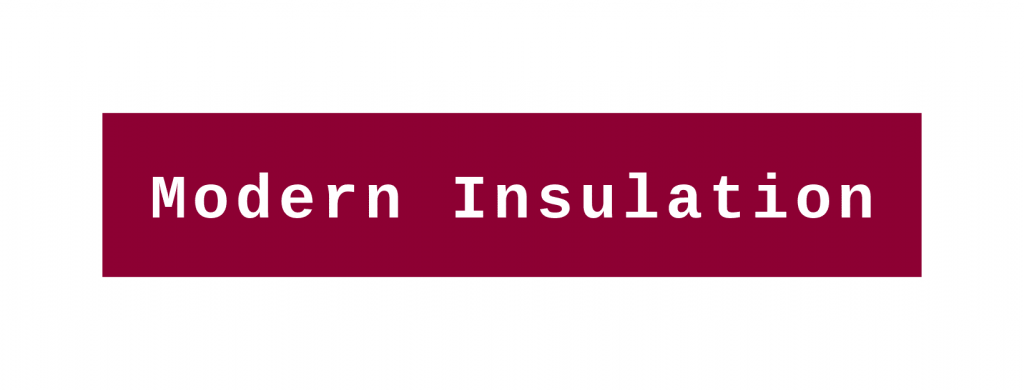Spray Foam Insulation Wicklow- Free Quote
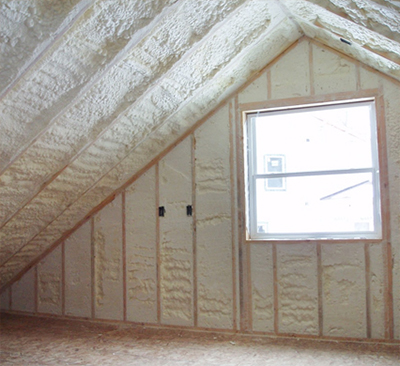
Spray Foam Insulation Wicklow
Spray foam is useful in a variety of conditions. Roofs, attics, windows, underfloor heating systems, and interior and exterior walls will all benefit from it.
Agricultural farm houses, commercial and industrial buildings, sheds, shipping containers, vessels, and the refrigeration industry are some of the other applications.
Benefits of Spray Foam Insulation for your home
Spray foam insulation is, without a doubt, the most effective insulating material available today. In contrast to conventional insulating materials like rock wool, fiberglass, cellulose, and polystyrene boards, it has a higher U-Value.
It’s easy to use and doesn’t create a lot of mess or disruption to everyday activities.
A traditional Irish home can be insulated in a single day.
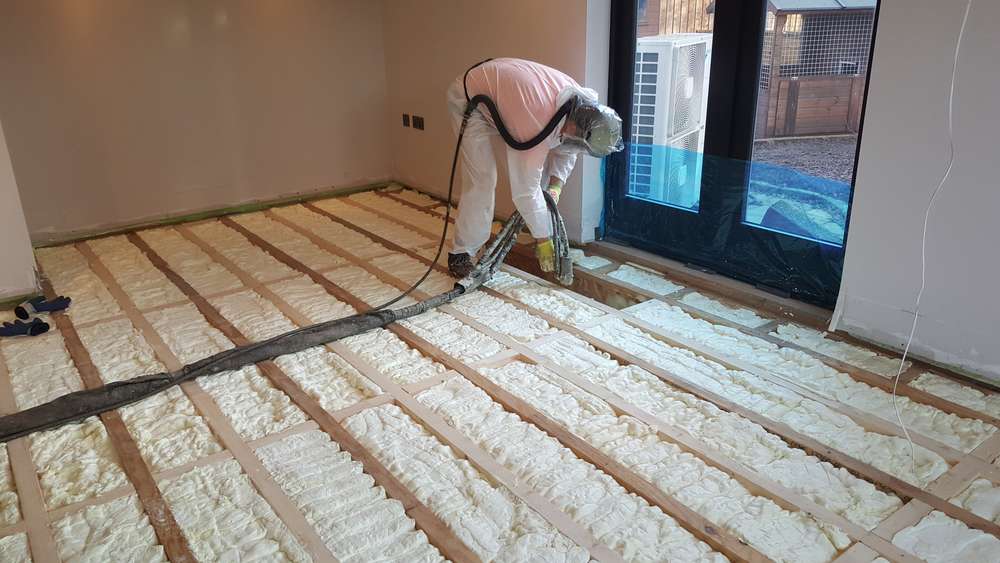
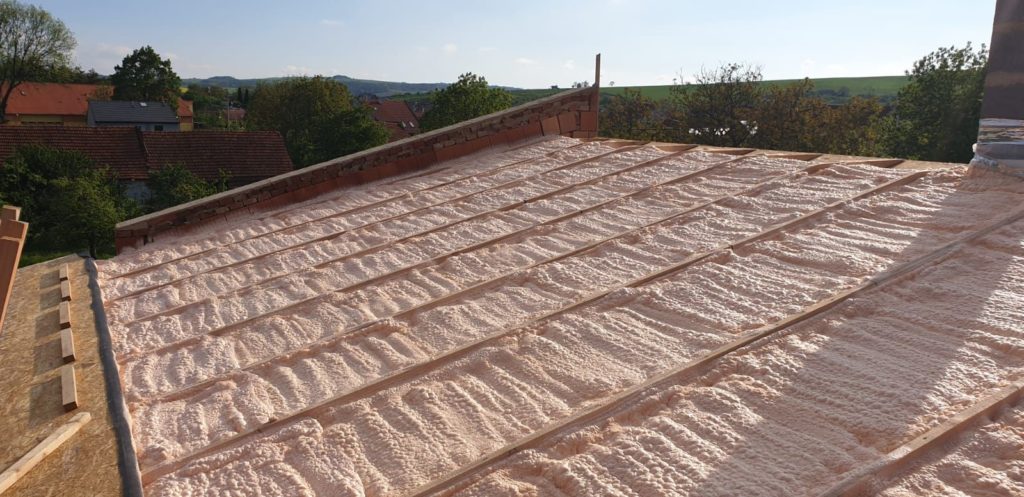
Cost Price Of Spray Foam Insulation
Spray foam insulation will not only keep your home warm in the winter, but it will also keep it cool in the summer. It helps the house to breathe by allowing moisture-laden air to escape due to its composition and “Cell” structure.
It also creates an airtight shield around your house, preventing cold wind and rain from entering. All other insulating products on the market today fall well short in this regard, allowing the heat in your home to escape.
Insulate Your Property Properly
Spray foam insulation works well as a sound barrier as well. It significantly decreases the amount of noise that enters the home from the outside world. When a home or company is located in a densely populated or developed city, or when a home is near an airport, this is advantageous.
It’s often used to deaden sound that travels from room to room or across floors inside the interior walls. It works particularly well on bathroom walls, where noises from showers and flushing toilets can be a nuisance.
It also reduces noise from in-wall or under-floor piping by encasing and insulating the pipes.
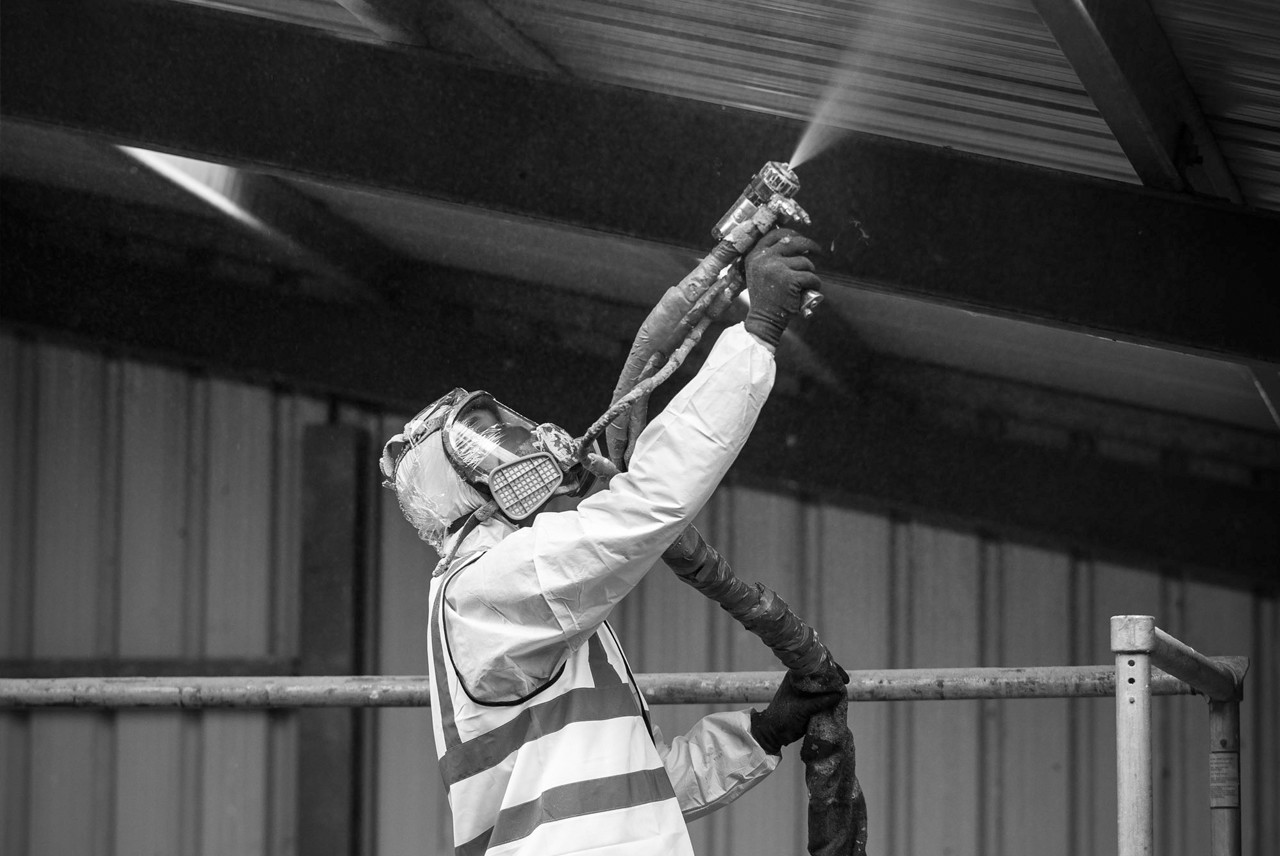
Spray Foam Insulation Benefits
There are many parts of the home where heat can be lost and they are often overlooked. Insulation in the attic, for example, is often the hottest part of the house in summer and the coldest part of the house in winter. Heat rises, meaning good insulation for your attic can make a huge difference to your house’s temperature. Meanwhile, spaces like the garage can also act as an area for heat loss. Even the floor can serve as a source of unwanted heat transfer, with an average of 15% of heat lost beneath your feet.
Much of the energy we pay for to warm and cool our homes is lost, ending up as a waste of good money and an unnecessary strain on the environment. Insulation can save you up to 40% on your heating and cooling bills and is a much more economically efficient and environmentally sound means of maintaining the health and comfort of your family (vs. cranking up the heat or air). What’s more, the savings gained through insulation means that it generally pays for itself within four to six years.
The spray foam used by Modern Insulation has the highest R-value commercially available at 6.88 per inch and can reduce condensation and eliminate air filtration. When installed by professionals, this foam creates a complete air flow seal that serves as an extremely effective air and thermal barrier. It reduces condensation and eliminates air filtration. There are no seams, fasteners, or joints needed with spray foam which leads to superior thermal performance and reduced thermal bridging through the studs. Spray foam applications can be used for interior and exterior wall insulation, HVAC ductwork, ceilings, below grade areas, and even roofs. Spray foam is approved by all of the major building codes in Ireland and has been extensively tested.
Benefits of Spray Foam
We recommend spray foam as a very effective way to make your home more comfortable. Though it is more expensive than other types of home insulation, spray foam will generally pay for itself in under 3 years, based on the lower heating and cooling bills. The spray foam that we use has the highest R-value available commercially at 6.88 per inch. When installed by our professional installers, this foam creates a complete air flow seal that provides an unsurpassed air and thermal barrier. Installing spray foam insulation will also reduce moisture and may eliminate the need for air filtration. Professionally applied spray foam leads to superior thermal performance, and reduced thermal bridging through the studs. Spray foam can also be used to insulate duct work and below grade areas. Some other benefits of spray foam insulation include:
*20%-50% reduction in home energy bills
*Improved air quality
*Quieter home, less noise from outside
*Discourages the nesting of insects and rodents
*Less load on your furnace and air conditioning systems
*Higher resale value
*No need to break through walls to install
Let our qualified energy auditors assess the overall efficiency of your home by conducting a blower test. This procedure will help determine which spaces in your home are in need of air sealing and additional thermal barriers.
Areas We Service in Wicklow
- Bray
- Greystones
- Kilcoole
- Blessington
- Enniskerry
- Baltinglass
- Arklow
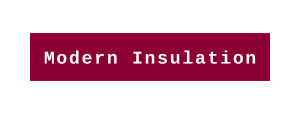
Wicklow
01 5255297
